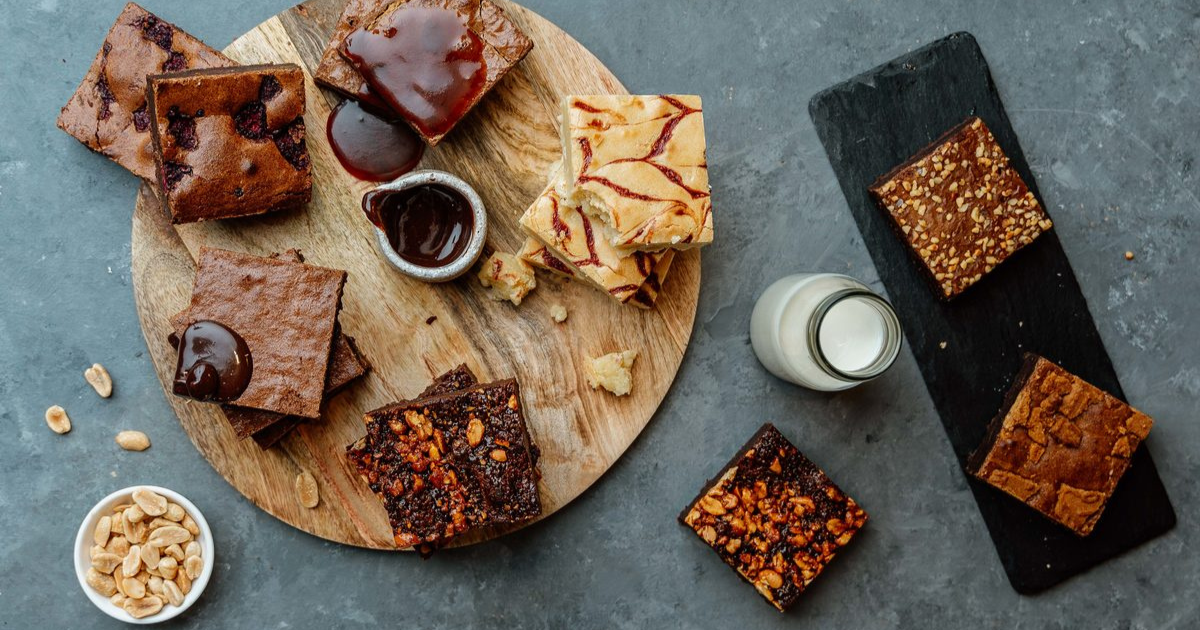GRAPEVINE: Inspired by history
While technical factors have played their role, the background of Australian wine families has no doubt played its role too as previous and existing generations look to their heritage for inspiration.
The Amadio family have a long history in Australian wine, dating back to the 1930s. It was second generation Gaetano who made the move into the Adelaide Hills and began establishing what is now their vineyard at Kersbrook. The Adelaide Hills is a diverse region with Kersbrook sitting in the northern section close to the Barossa where it is a little warmer and slightly lower elevation than say, Piccadilly, which is a better-known area as sources for cool climate varieties such as Pinot Noir, Riesling and Chardonnay.
The family has always been long-term oriented and forward-thinking, from the production of table wine in the 1930s when it was far from the norm in Australia to the early 2000s when the Amadios began planting alternative varieties suited to a potential future of warmer conditions than the past. While Coriole, Pizzini, Dal Zotto and Chalmers (to name a few) are well-known now as pioneers of Italian varieties, Amadio should be considered in the same vein given their expertise in growing these varieties.
Part of the reason you may not be aware of them yet is because they grow world-class fruit, but sell it to other producers whose wines you have likely tried and enjoyed without knowing the source of the fruit. Mr Riggs, Spinifex and La Linea are notable producers sourcing fruit from Amadio, but it may be Sam Scott and his La Prova wines that will stand as the best flagbearer for the quality of the vineyard.
Sam started out in wine retail and wholesale while studying, which is where he fell in love with Italian grape varieties such as Sangiovese. It began a hunt across South Australian regions to find the best sites and sources of Italian varieties, one such source was the Amadio vineyard where his Fiano fruit comes from. Fiano was originally planted at Amadio in 2005, with Sam beginning production of his Fiano in 2009 and under the La Prova label since 2015.
While it is planted widely, Fiano can be difficult to get right in Australia, whether it is poor site choice, viticultural challenges or a lack of understanding around how to produce the variety, we’re not sure, but it is clear that Sam has a great fruit source combined with some talent and a passion for understanding and producing Italian varieties such as Fiano.
La Prova Fiano 2018 – $28
The appeal of Fiano, Sam says, is the “textural and savoury palate, trademark pithy phenolic grip, chalky minerality and medium to full flavours often featuring citrus, hazelnuts, florals and spice”. The cool nights and warm days in Kersbrook
allow for a slow ripening period, and the variety is hardly enough to handle warmer conditions as long as it retains enough water. Given its ability to retain acidity, a portion of the fruit is chilled overnight and then fermented in tank at cool temperatures to retain freshness and fruit character whilst, an increasing, portion is pressed straight into old oak for fermentation on solids to build amore textural component in the final blend.
This is as good an Australian Fiano we have seen, particularly under $30. It delivers what is promised, a crisp chalky frame for flavours of citrus, some subtle Melon (a flavour that can overpower the wine in lesser quality examples), while spice and floral notes give it some complexity. It is mid-weight and has lovely textural depth before finishing soft and savoury with a subtle almond nutty note.


















